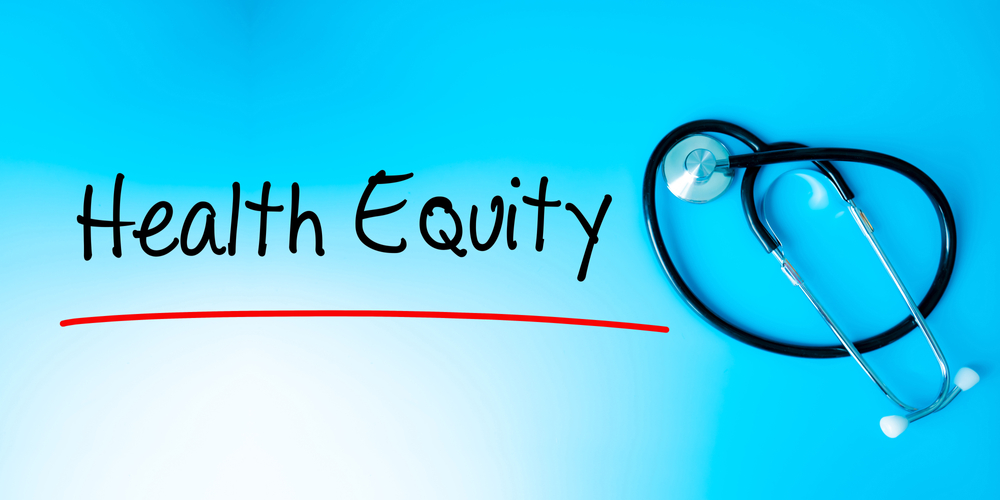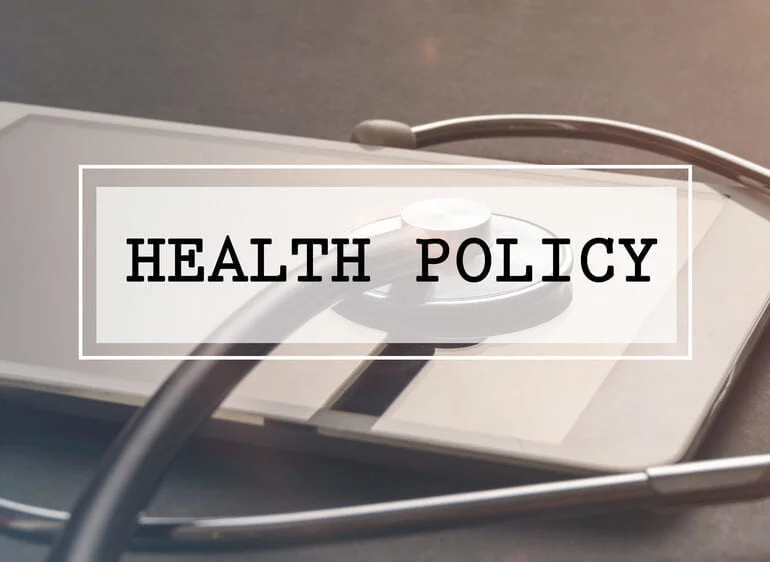Population Health News Round-Up: June 2025
JoAnne DyerHealth Equity and Disparities
Trauma-informed care can help LGBTQ+ patients: Ensuring healthcare professionals “are trained in the neurobiological effects of trauma” could help reduce health disparities in LGBTQ+ communities. (Boston University School of Public Health, citing a brief from Martine Geary Souza, May 29, 2025)
Public health solutions could help prevent mass incarceration: Incarceration doesn’t treat mental or chronic illness, or substance use disorders, which are often disproportionately experienced by incarcerated people. There are better, more cost-effective ways, including before, during, and after incarceration. (University of Washington Department of Health Systems and Population Health, via video, February 25, 2025.)
The long history of health disparities between men and women: “American physicians’ understanding of health was based around the male body, while diagnoses for mental health disorders were based around symptoms experienced by women — a history that still haunts health care today.” (Iowa Public Radio, June 10, 2025)
Environmental & Climate Health and Justice
Funding to help cities deal with heat is cut: The Center for Heat Resilient Communities was gathering data and helping cities create action plans, cooling centers, green spaces, or retrofit homes. The Center has been defunded. (Grist, June 4, 2025)
Healthier air, healthier gut: In Uganda, replacing kerosene lamps with solar lighting systems was linked to better breathing and changes in gut microbiomes–and those two outcomes were linked, too. (Harvard T.H. Chan School of Public Health, June 5, 2025)
Built Environments, Spaces, and Places

Building features and physical and mental health: Building materials, lead paint prevalence, and even foundation types affect health. This study applies a complex model across 19 cities. (Nature, June 6, 2025)
Older Americans are experiencing poor health, homelessness: Americans 55 and older face a lack of affordable housing and poor healthcare, and these problems may grow worse. (CBS News, June 16, 2025)
Policy and Programs
What Medicaid cuts would mean for everyone in Washington State: Higher costs, hospital closures, job losses, and loss of funding will affect everyone, not just Apple Health (Medicaid) recipients (The Seattle Times, May 30, 2025).
Medicaid work requirements don’t work: Requiring “able-bodied” Medicaid recipients to work doesn’t lower enrollment, but it does add administrative costs, confusion, problems with data matching and verification, and more. Worse in the current bill under consideration, no supports like “childcare, transportation, or job training” are there to help. (Kaiser Family Foundation, May 20, 2025)
Funding cuts jeopardize research on ALS in veterans: Veterans face a higher risk of ALS than others do. Harvard research into the reasons is on hold and may be stopped. (Harvard T.H. Chan School of Public Health, June 5, 2025)
Book Spotlights
 Disposable: America’s Contempt for the Underclass, by Sarah Jones. Systemic racism, capitalism, and systemic inequality have left people behind. The pandemic revealed all of this and more. (Available from Simon & Schuster)
Disposable: America’s Contempt for the Underclass, by Sarah Jones. Systemic racism, capitalism, and systemic inequality have left people behind. The pandemic revealed all of this and more. (Available from Simon & Schuster)
Carceral Apartheid: How Lies and White Supremacists Run Our Prisons, by Brittany Friedman. White supremacy and institutional racism have operated in American prisons and beyond — not always legally or truthfully, and with terrible harm. (Available from the University of North Carolina Press)









All comments will be reviewed and posted if substantive and of general interest to IAPHS readers.